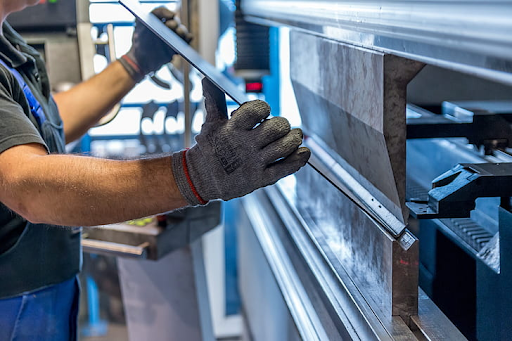A trade policy once focused on raw steel is now sending shockwaves through unrelated European industries, from vehicle manufacturing to furniture making. The United States’ expanding list of “derivative” products subject to steel tariffs is causing widespread fear and confusion, as companies producing goods with even minor metal components find themselves in the crosshairs.
The policy shift began when the US imposed steep tariffs, recently increased to 50%, to combat foreign steel imports. But the battlefield has expanded significantly with the inclusion of 407 “derivative” categories. This means products like bulldozers, rail cars, and even stainless steel sinks are now subject to the duties, fundamentally changing the nature of the trade dispute.
Luisa Santos of BusinessEurope warns that this ad hoc expansion is making the trade relationship with the US “quite turbulent.” The unpredictability is the primary concern; a company producing tables with metal legs or a manufacturer of window frames could suddenly face crippling costs with little warning, disrupting established business models.
The compliance burden is immense, as illustrated by Bernd Lange, chair of the European parliament’s international trade committee. He recounted how a German motorcycle factory, unable to trace the origin of every bolt, must over-report its steel content to avoid draconian fines. This costly defensive posture highlights the operational chaos caused by the vague and expanding rules.
As the US considers further additions to its list, the European industrial sector is bracing for more pain. Trade groups are demanding protective measures to shield EU manufacturing as a whole, while unions in the UK seek pledges to support the domestic steel sector. The fear is that without a firm response, the ripple effect of these tariffs will continue to spread, damaging more industries and costing jobs.

